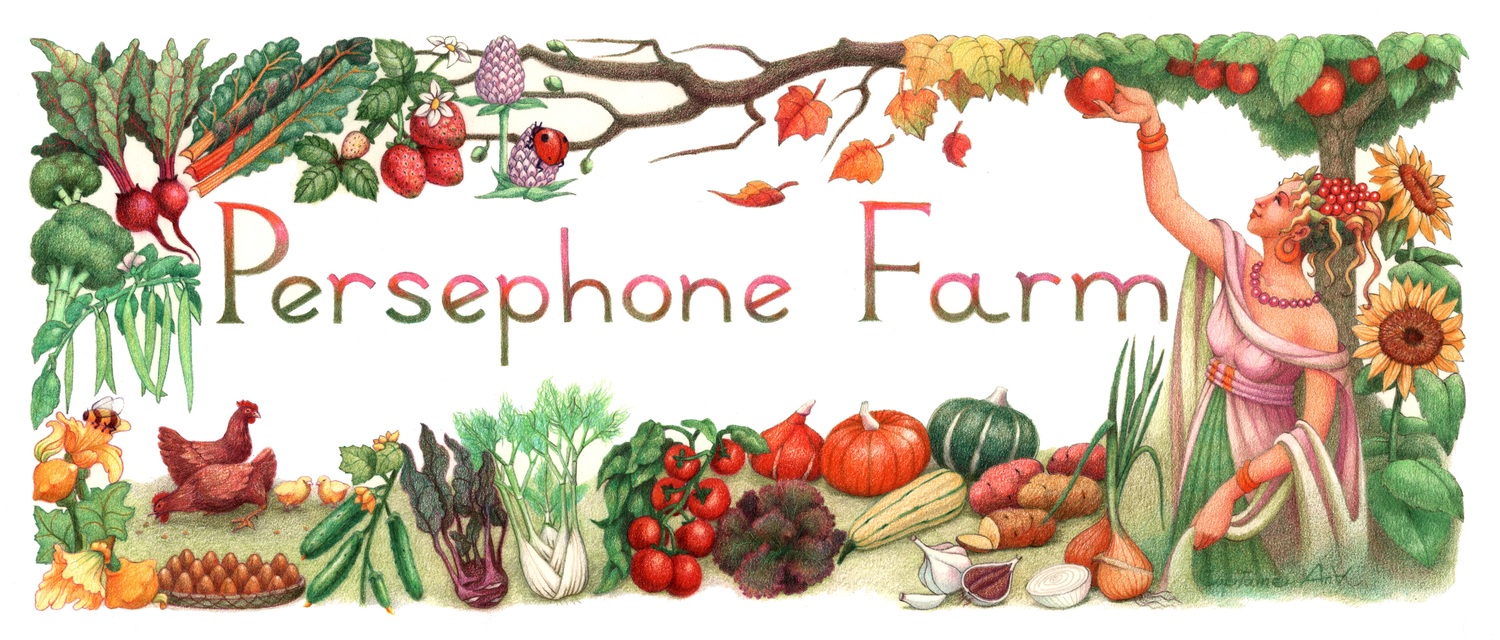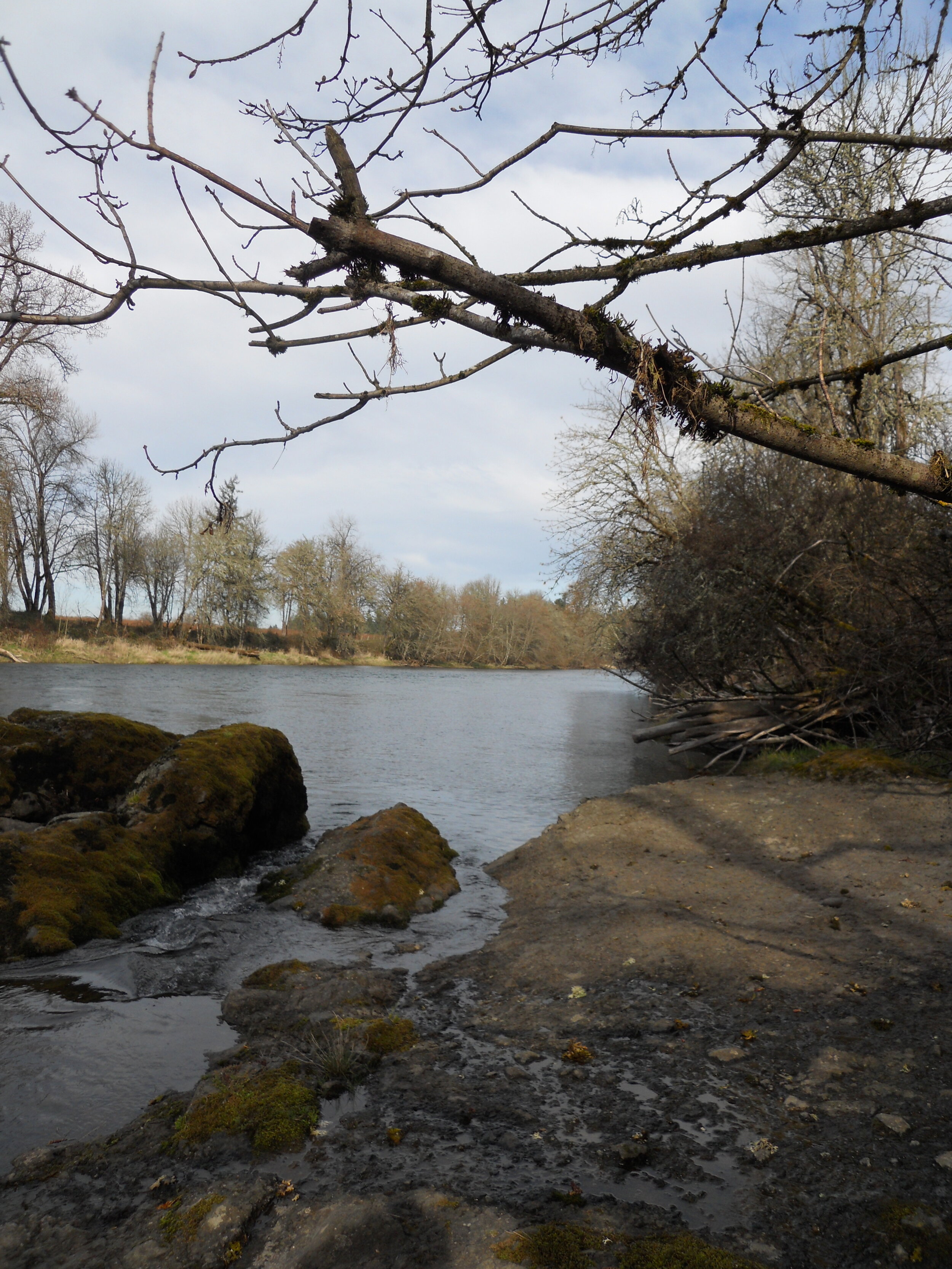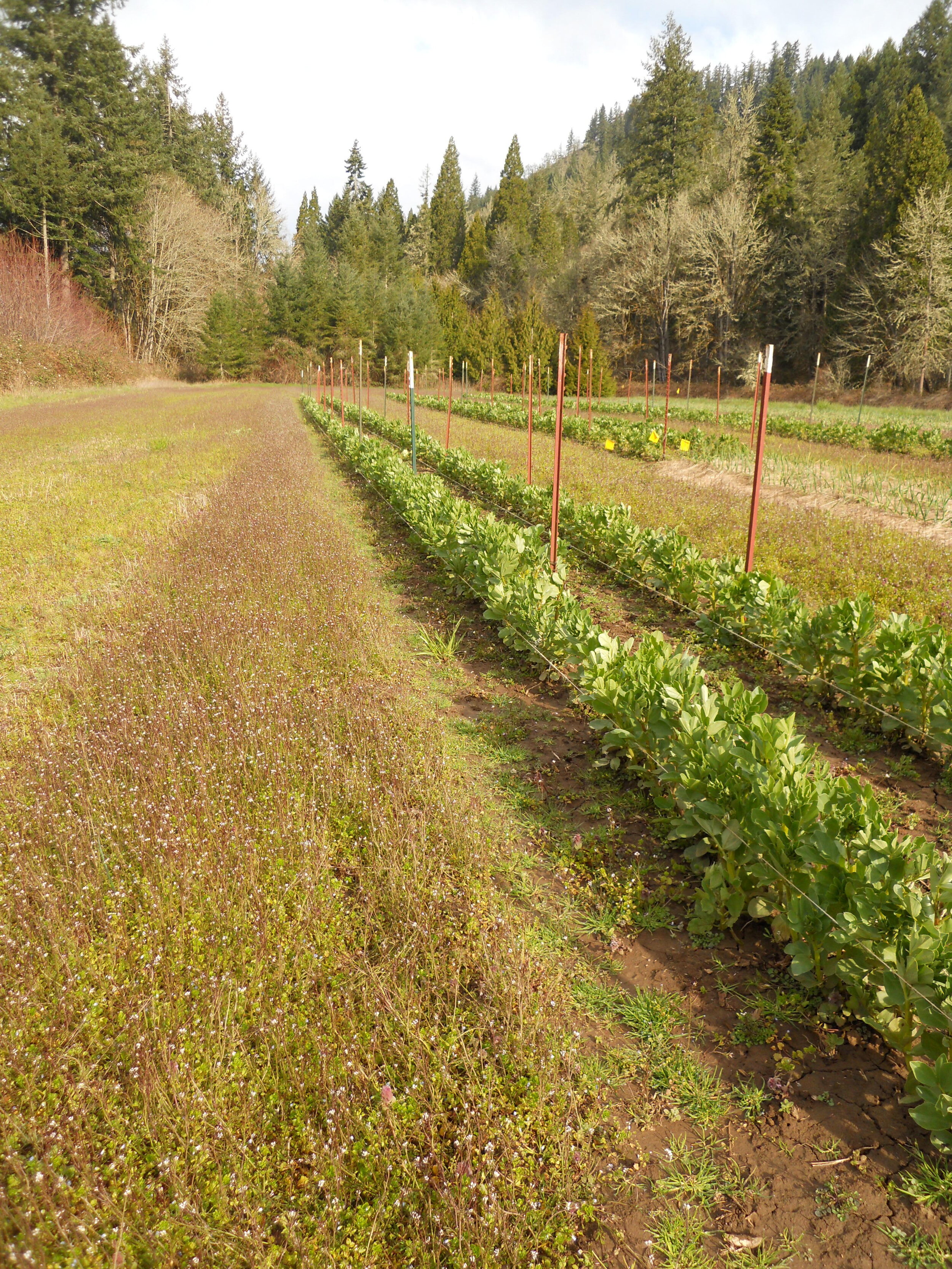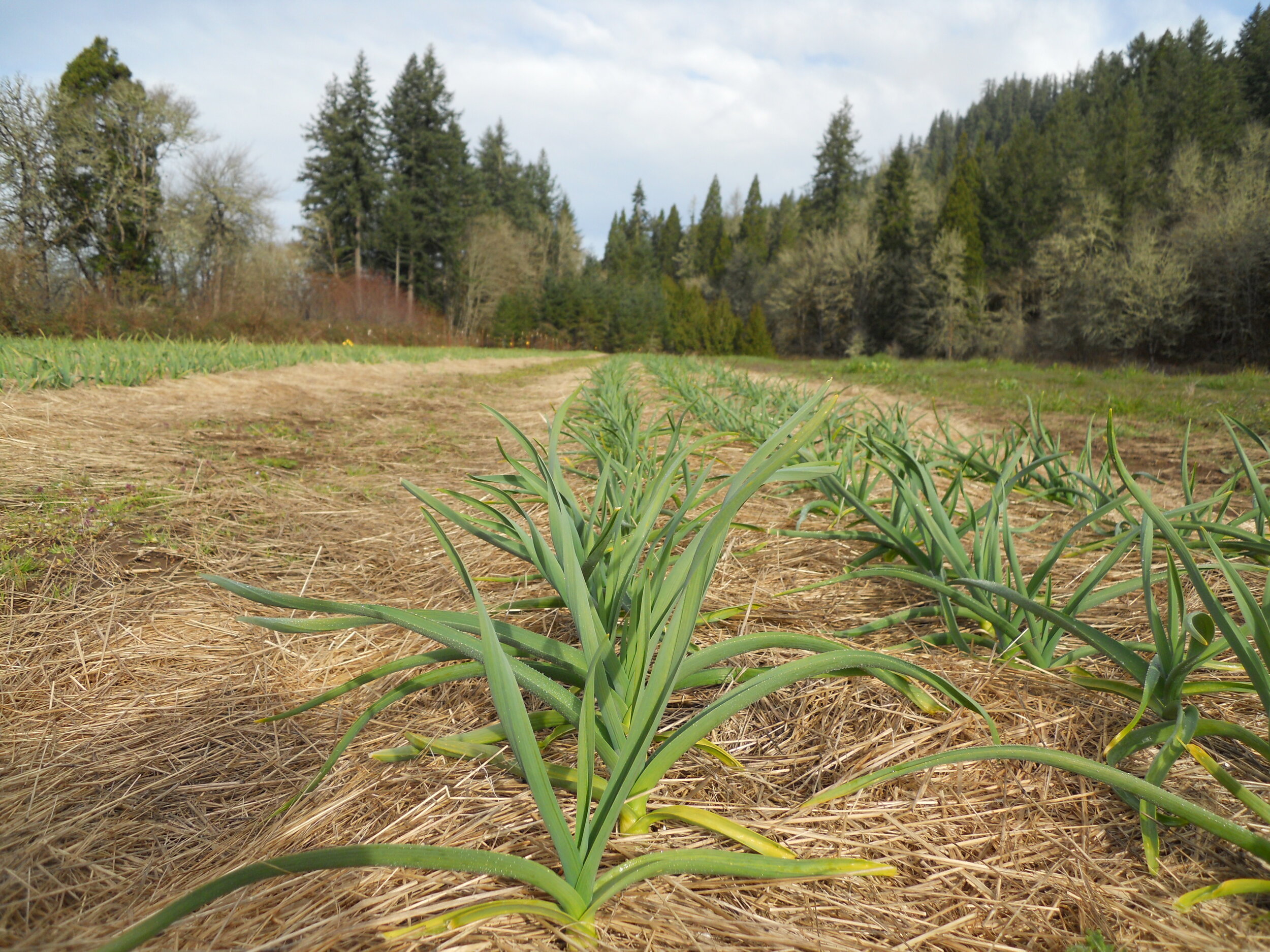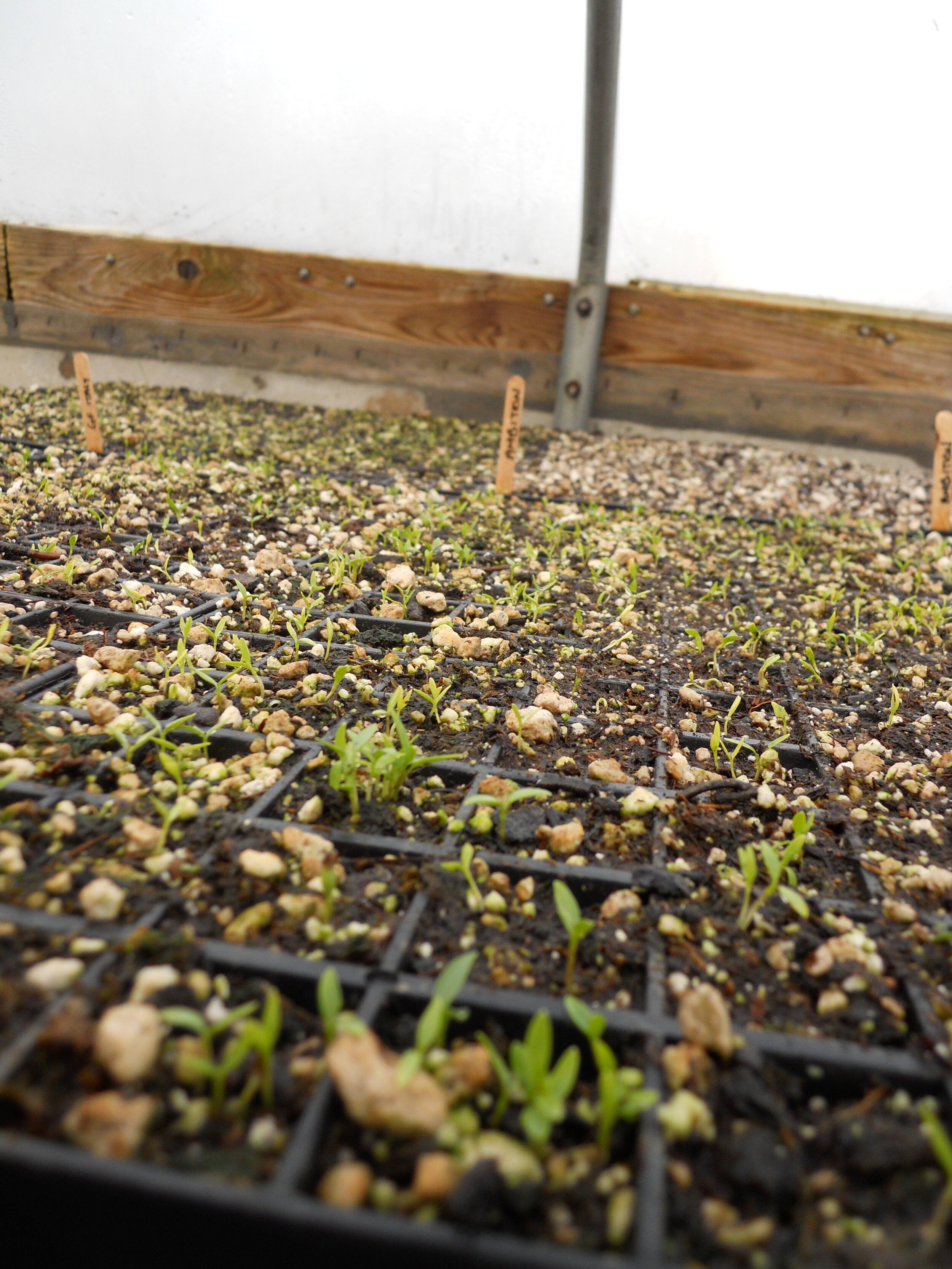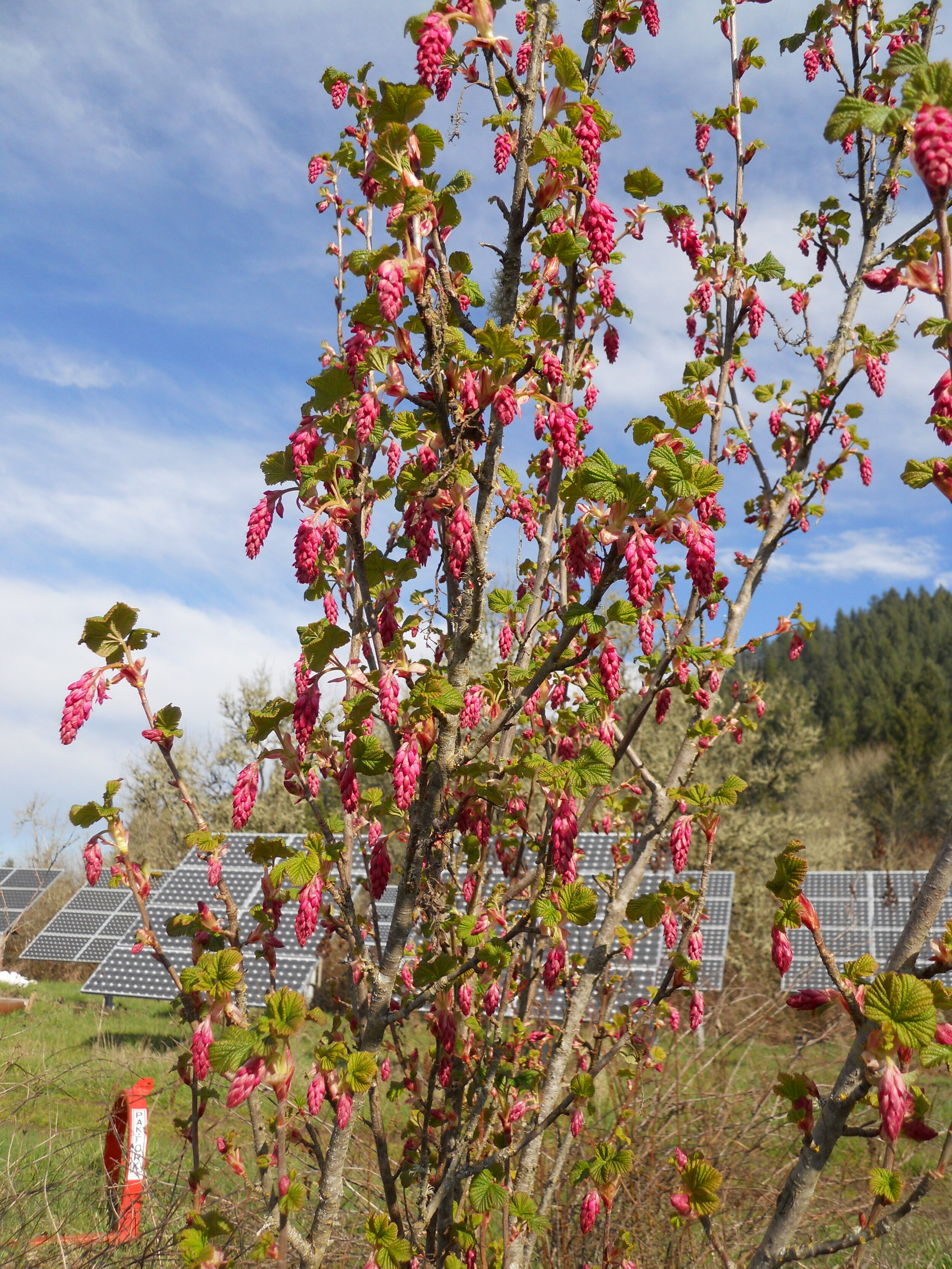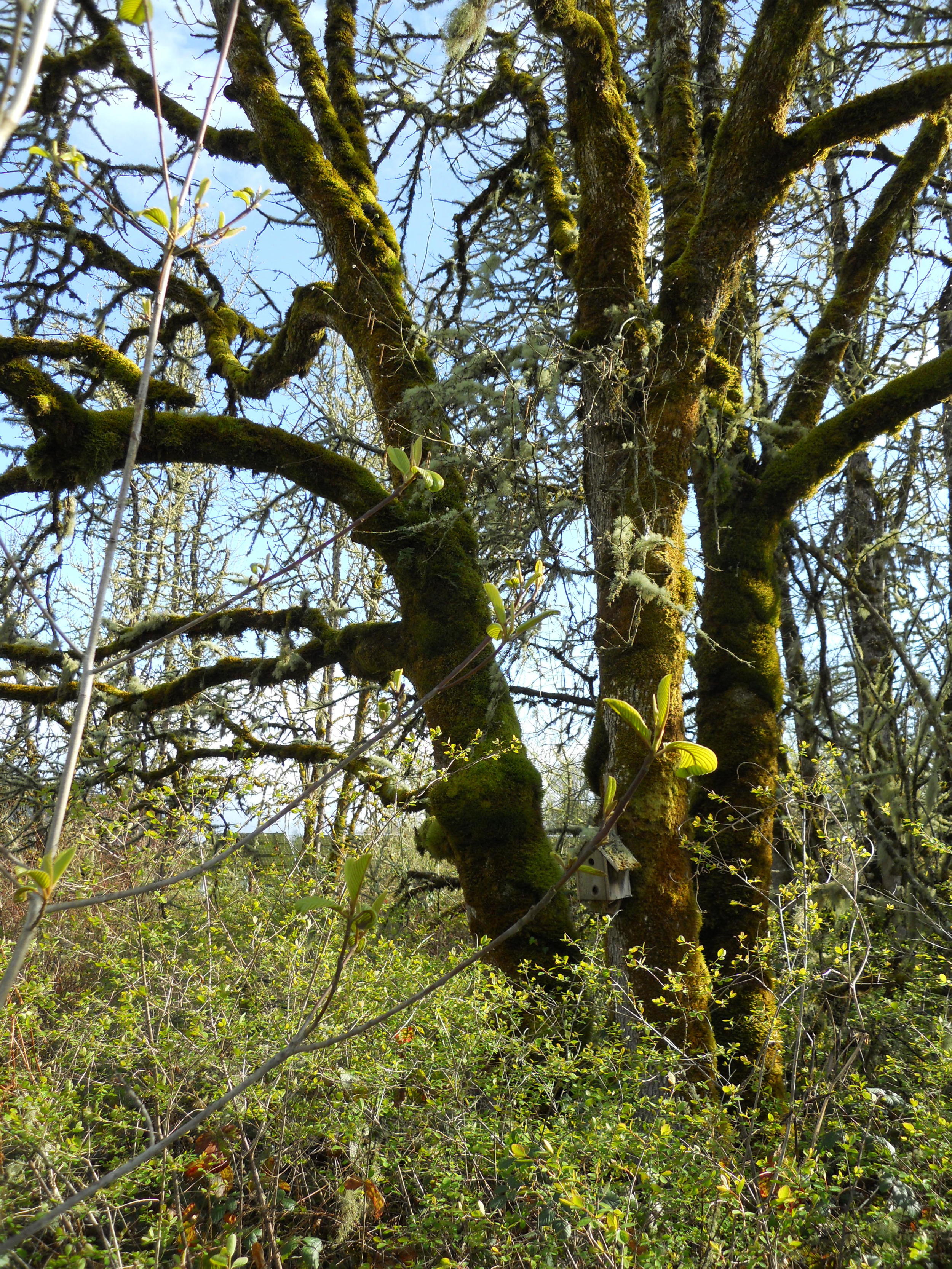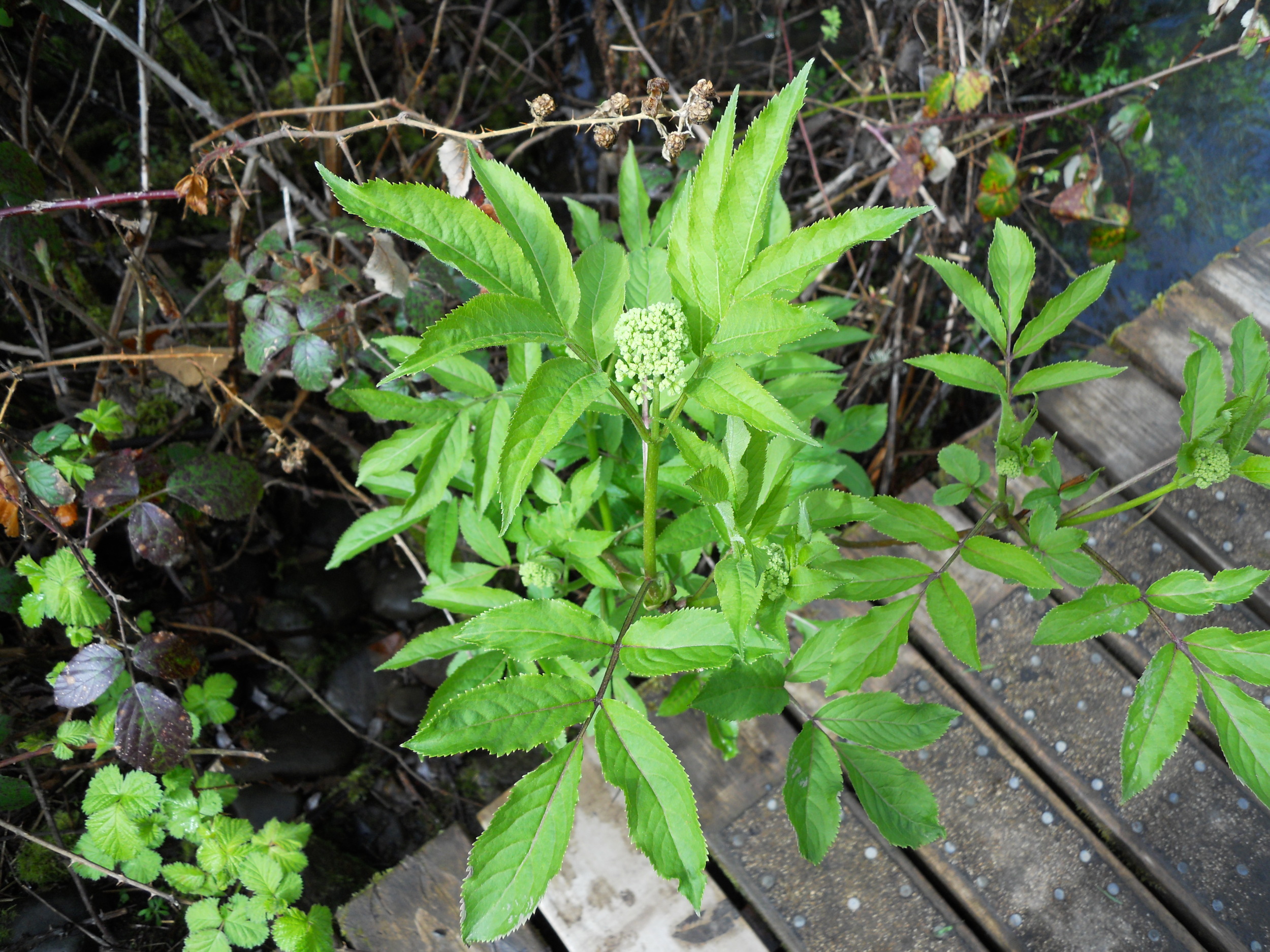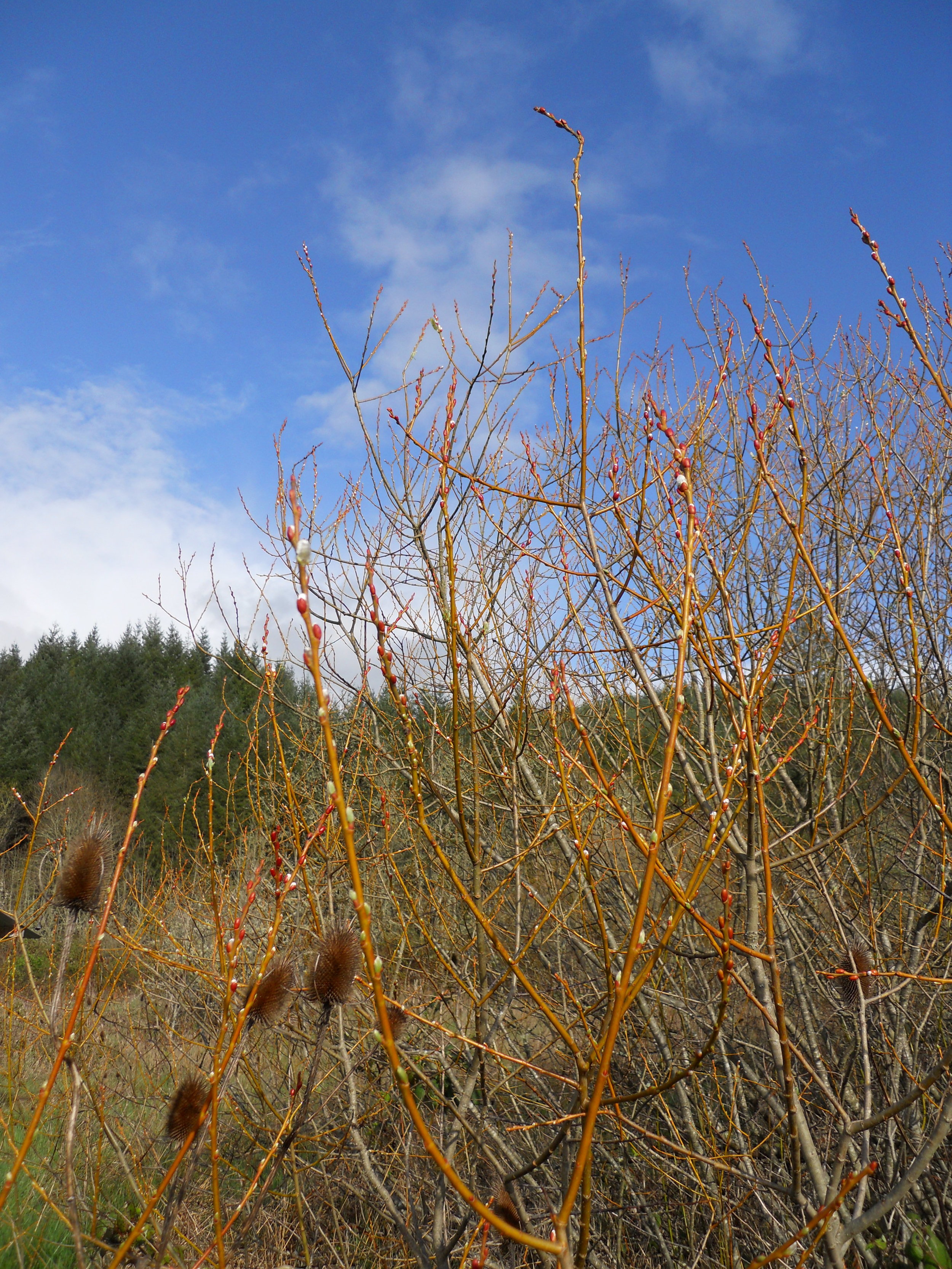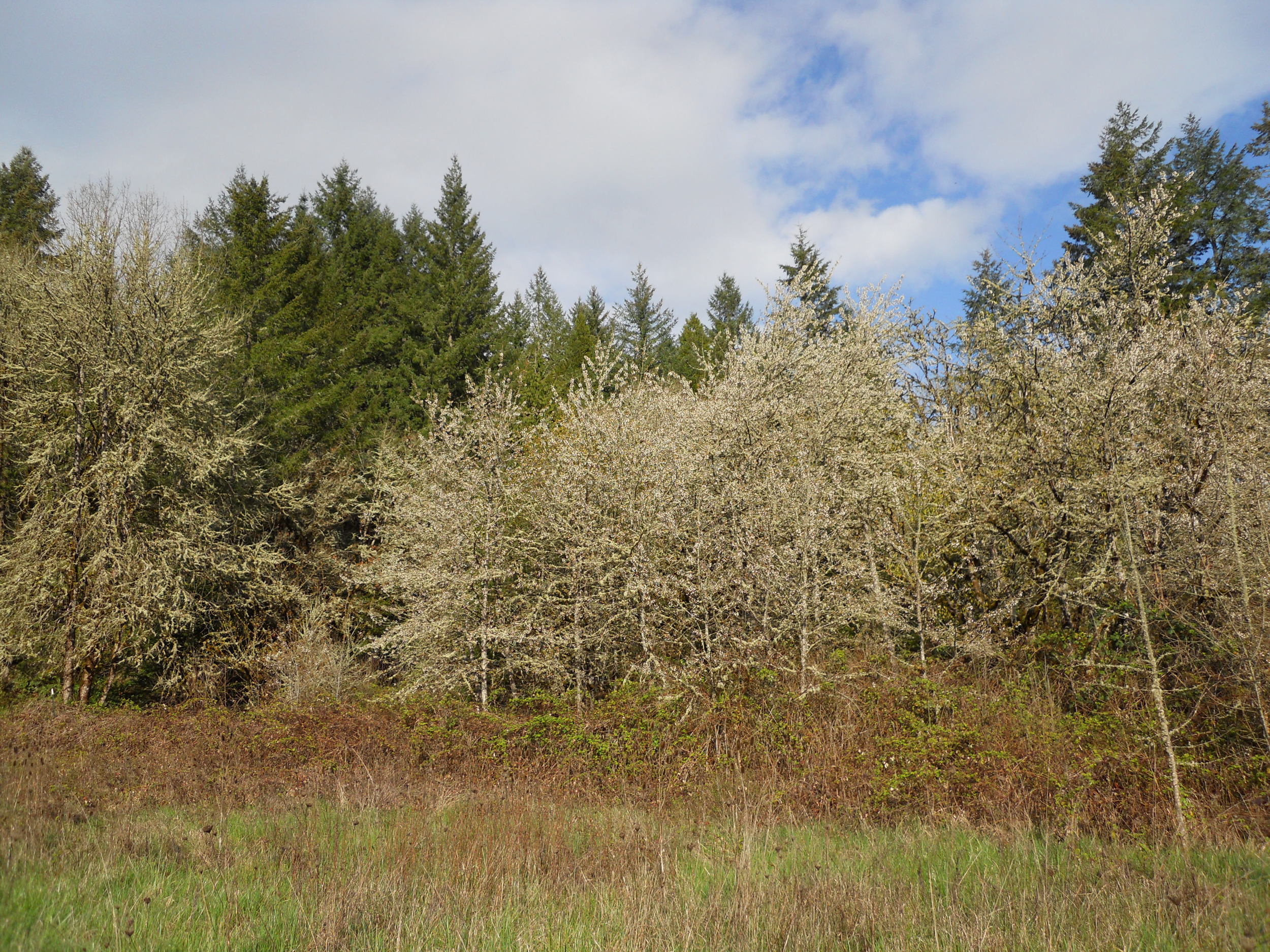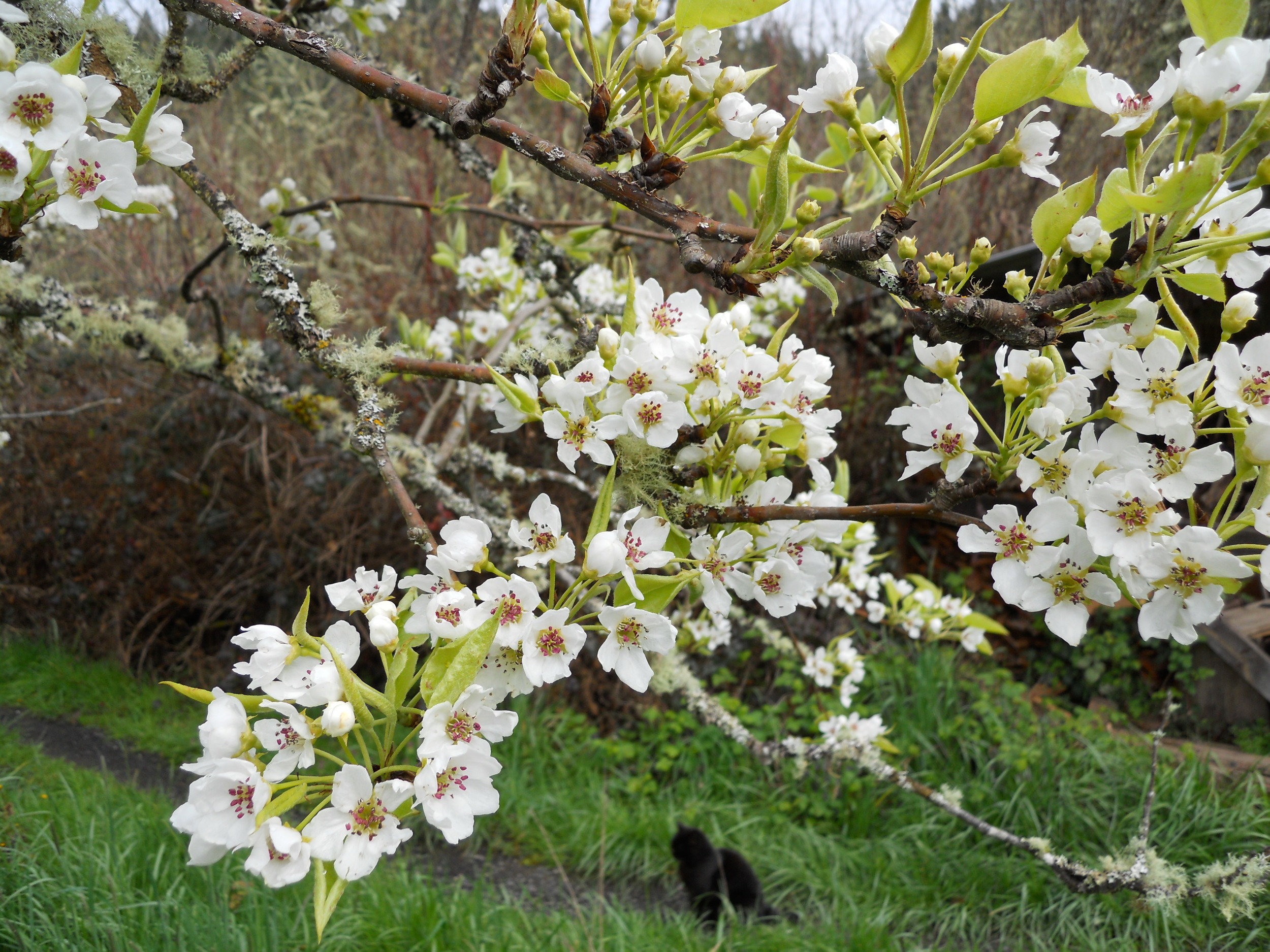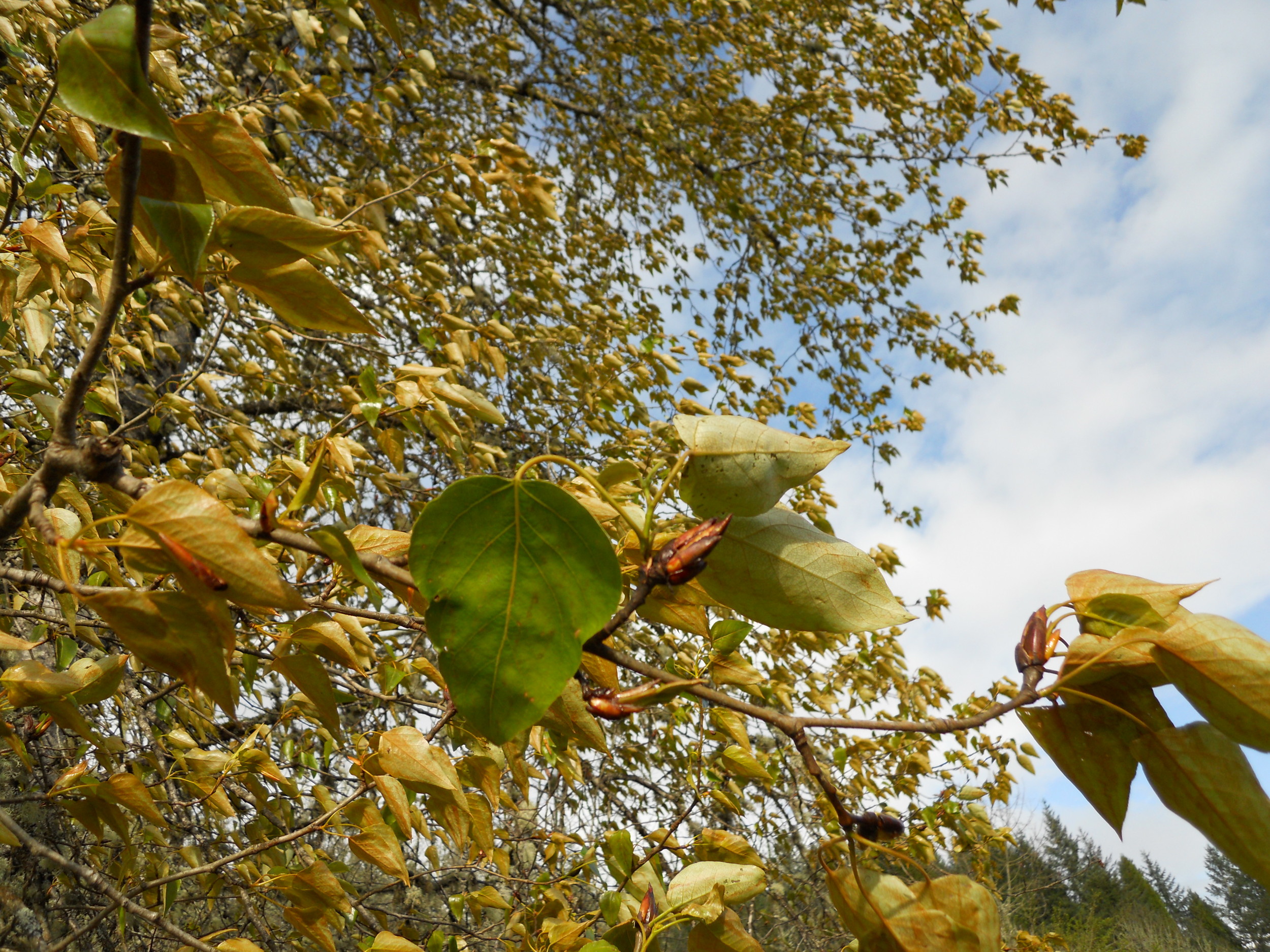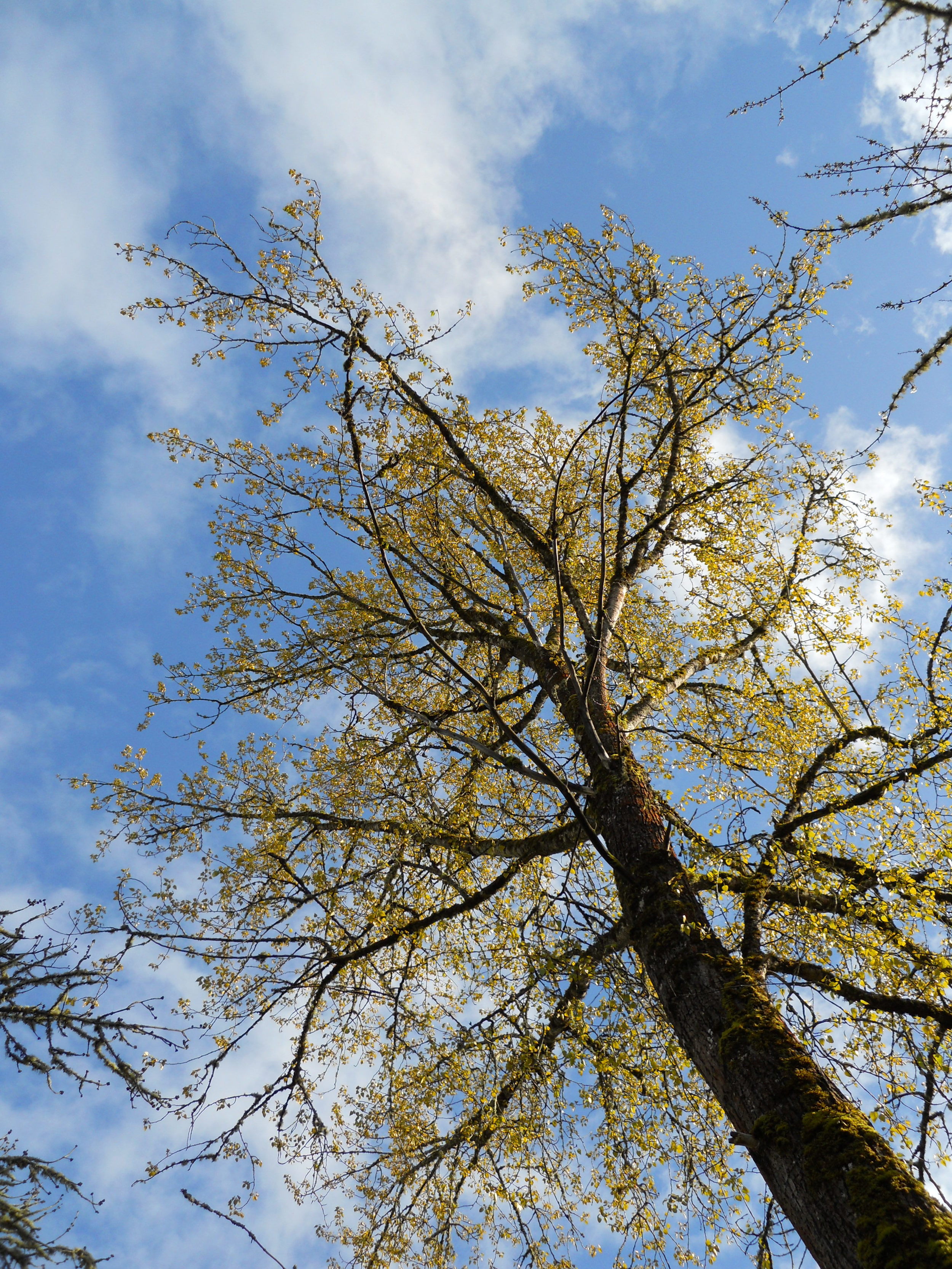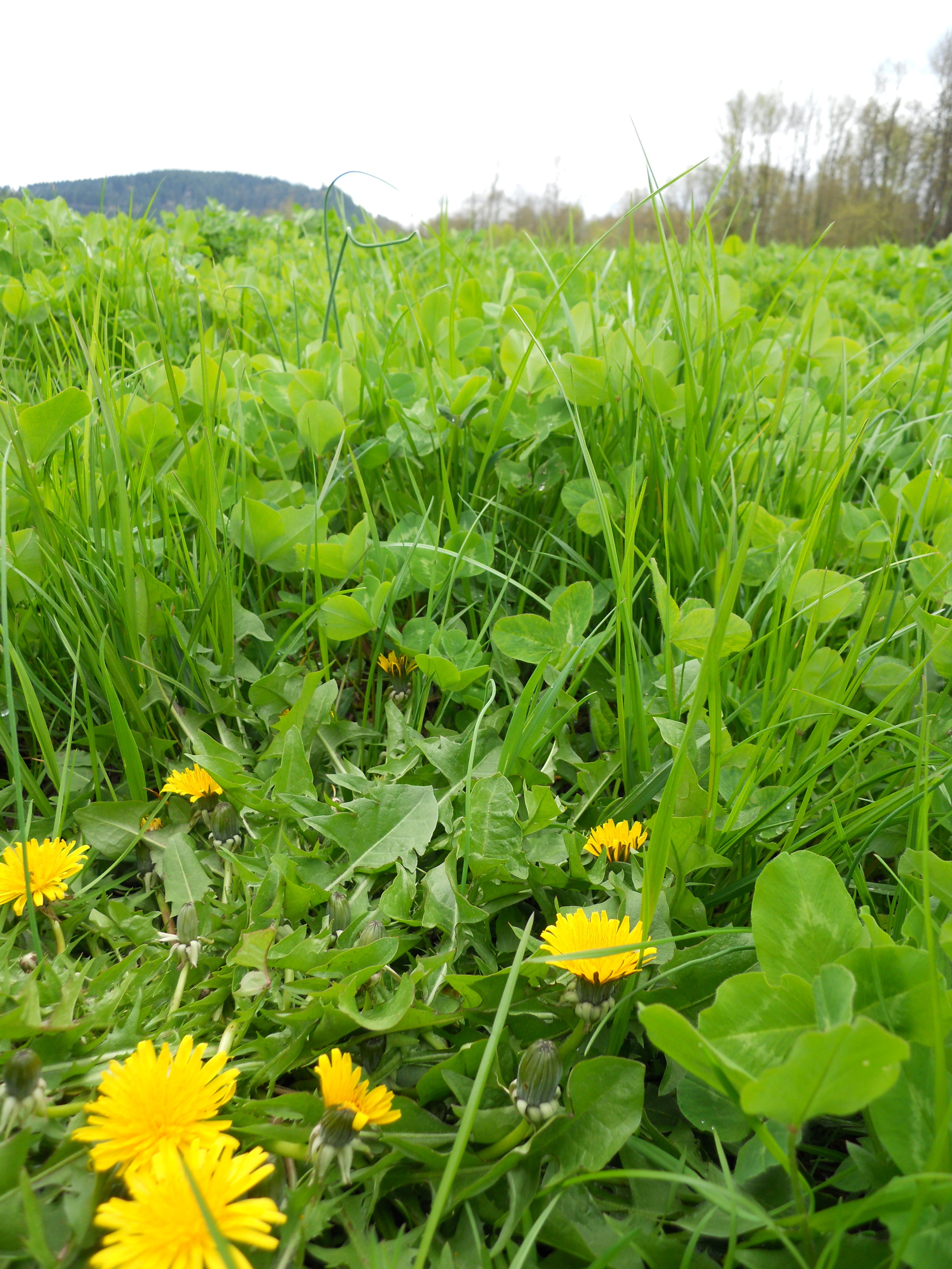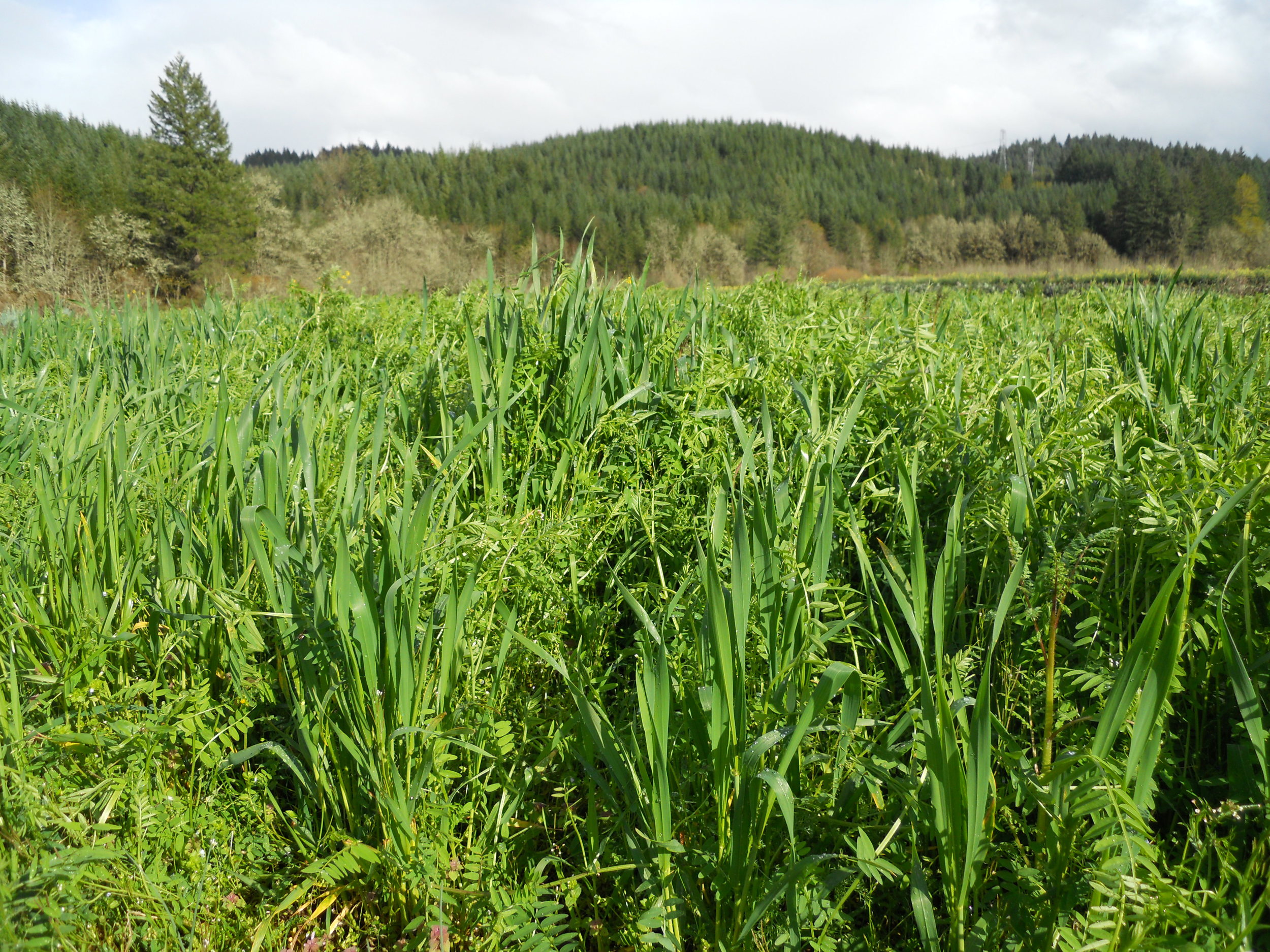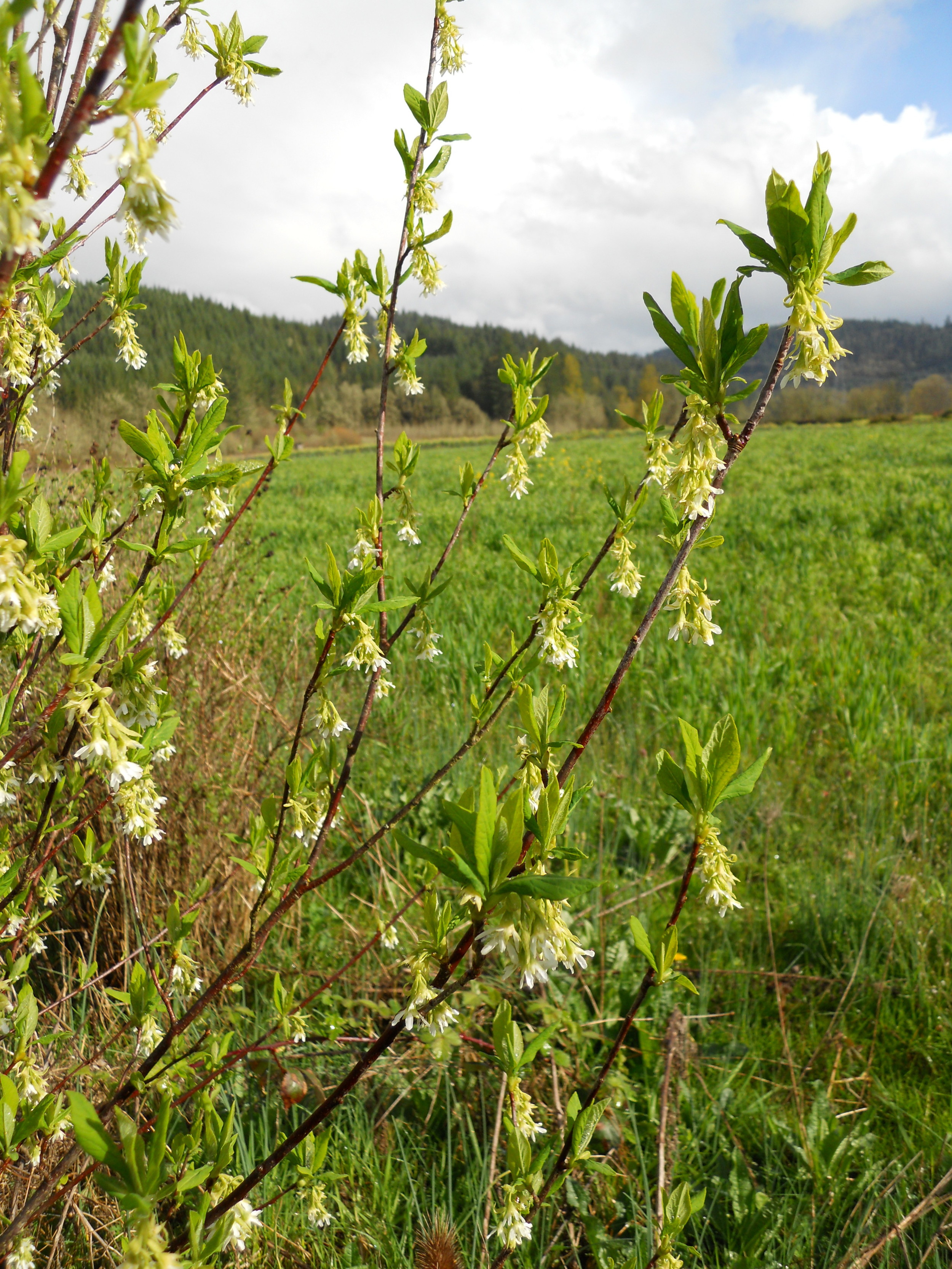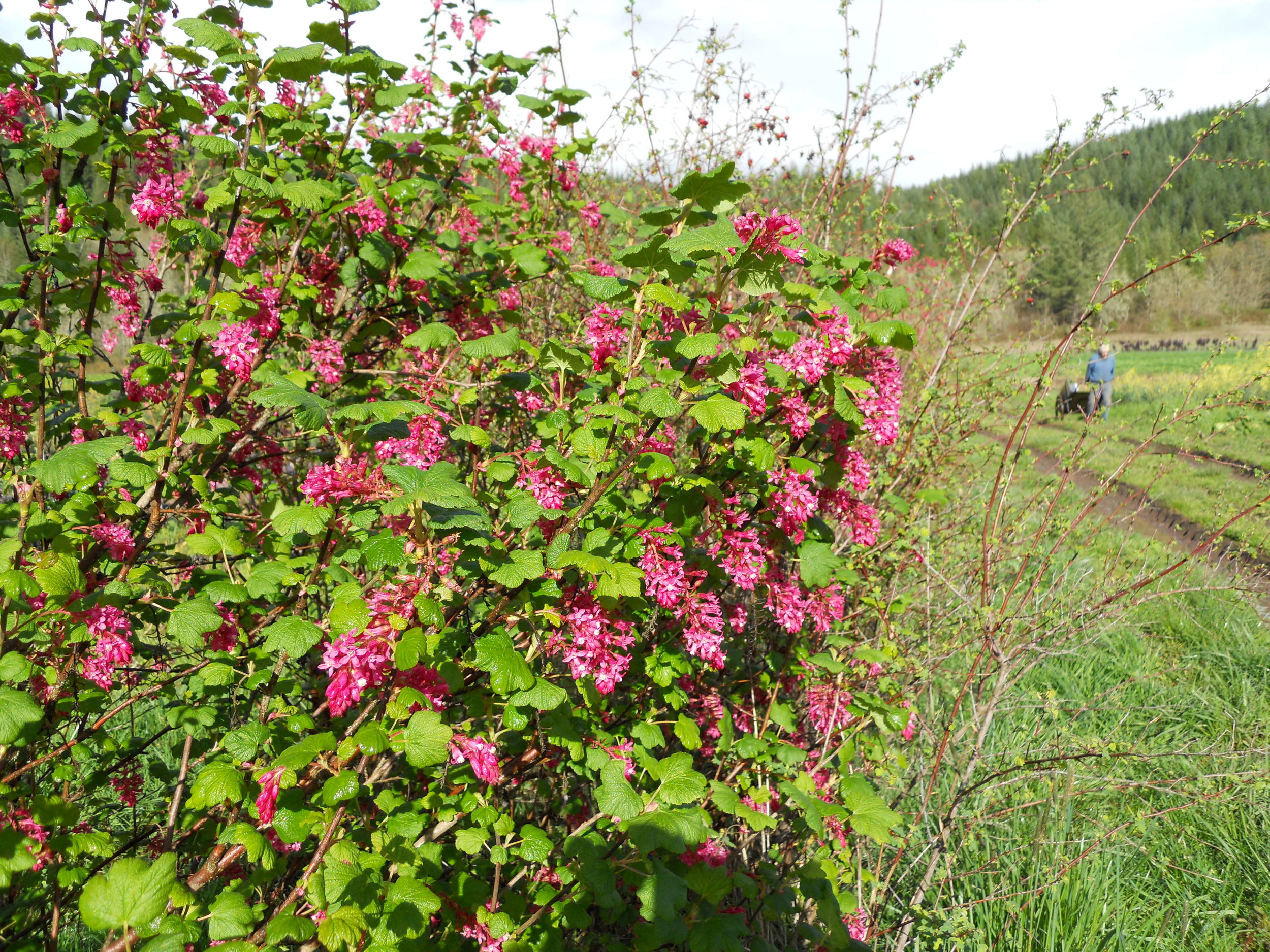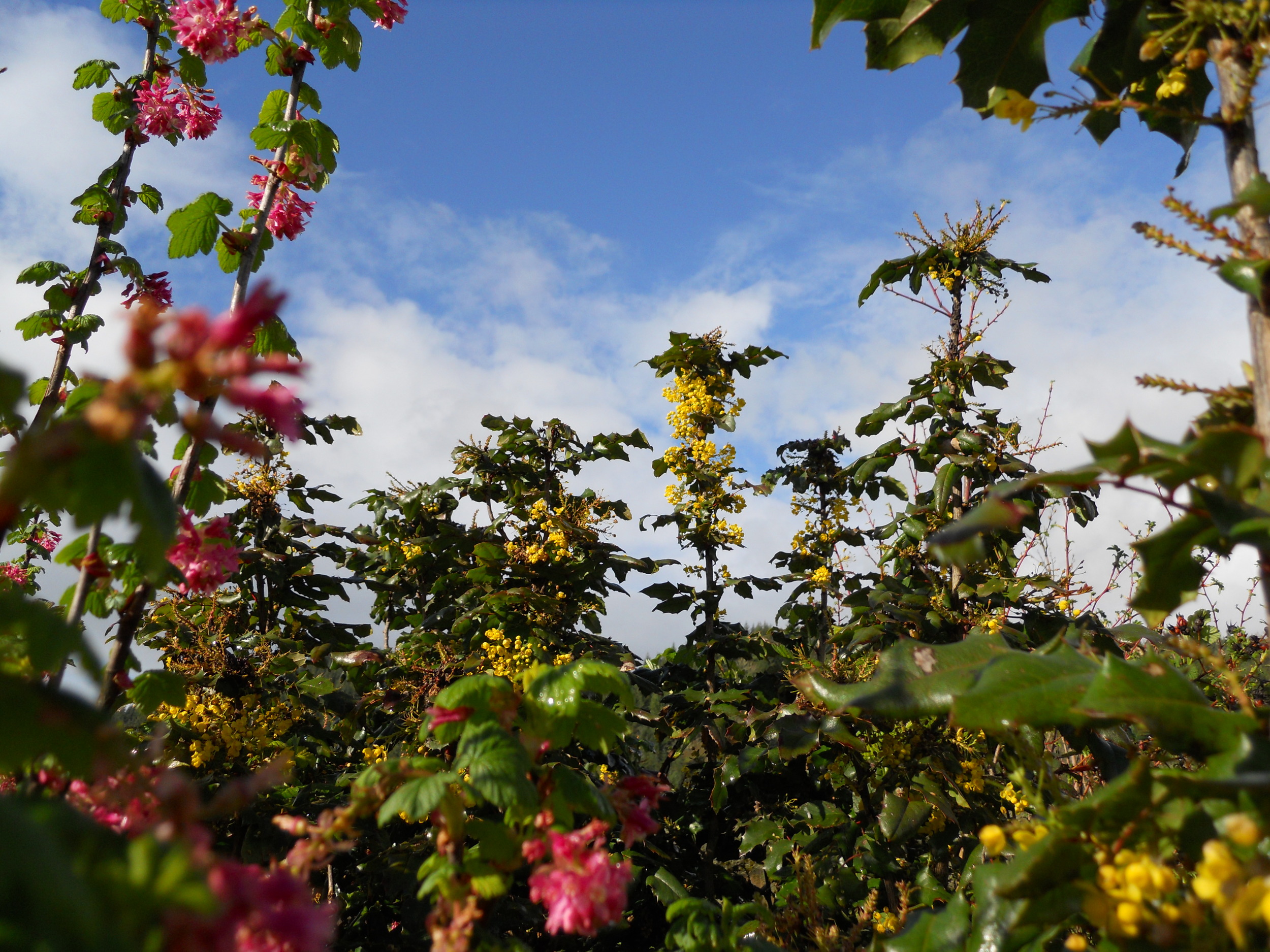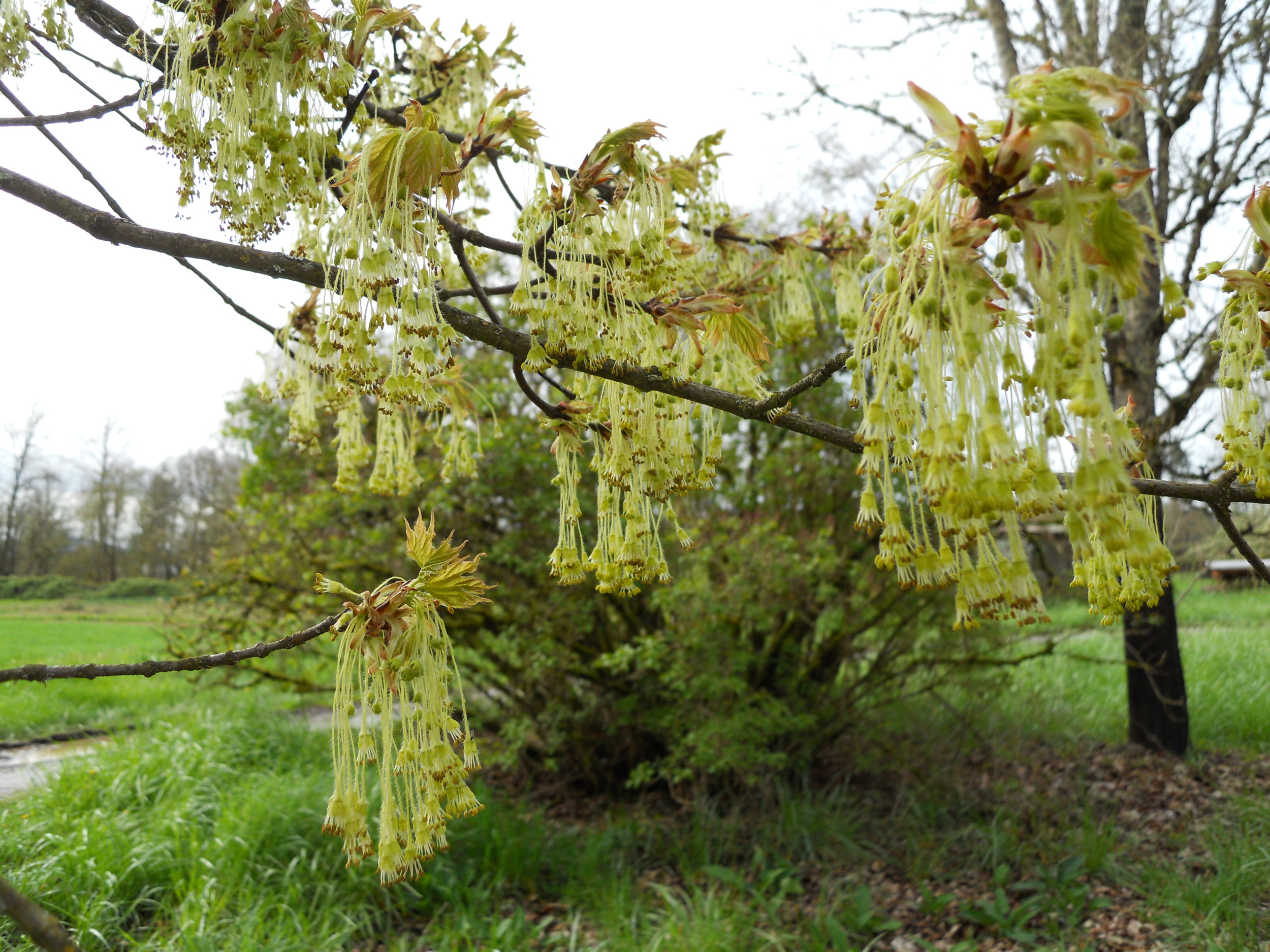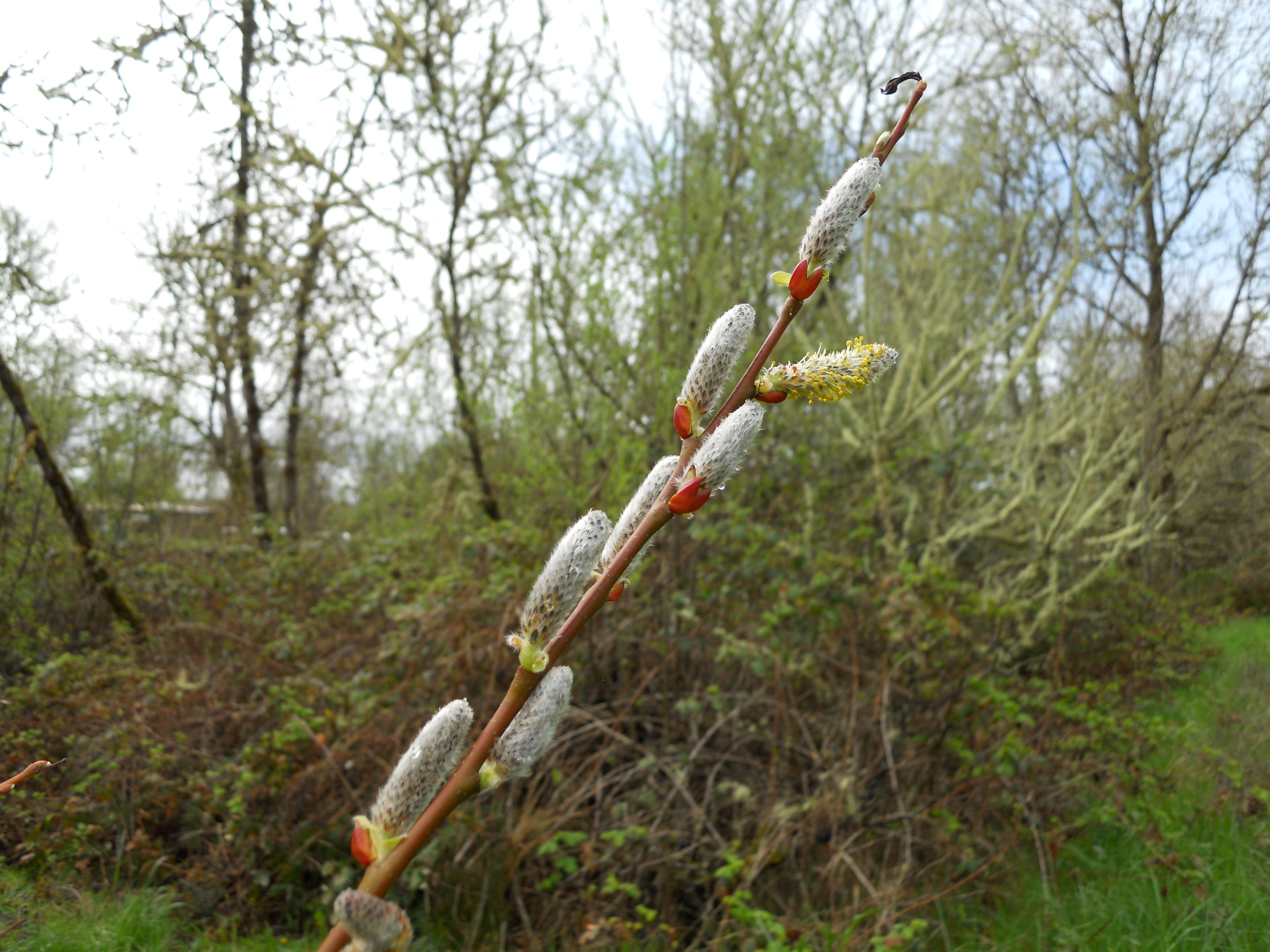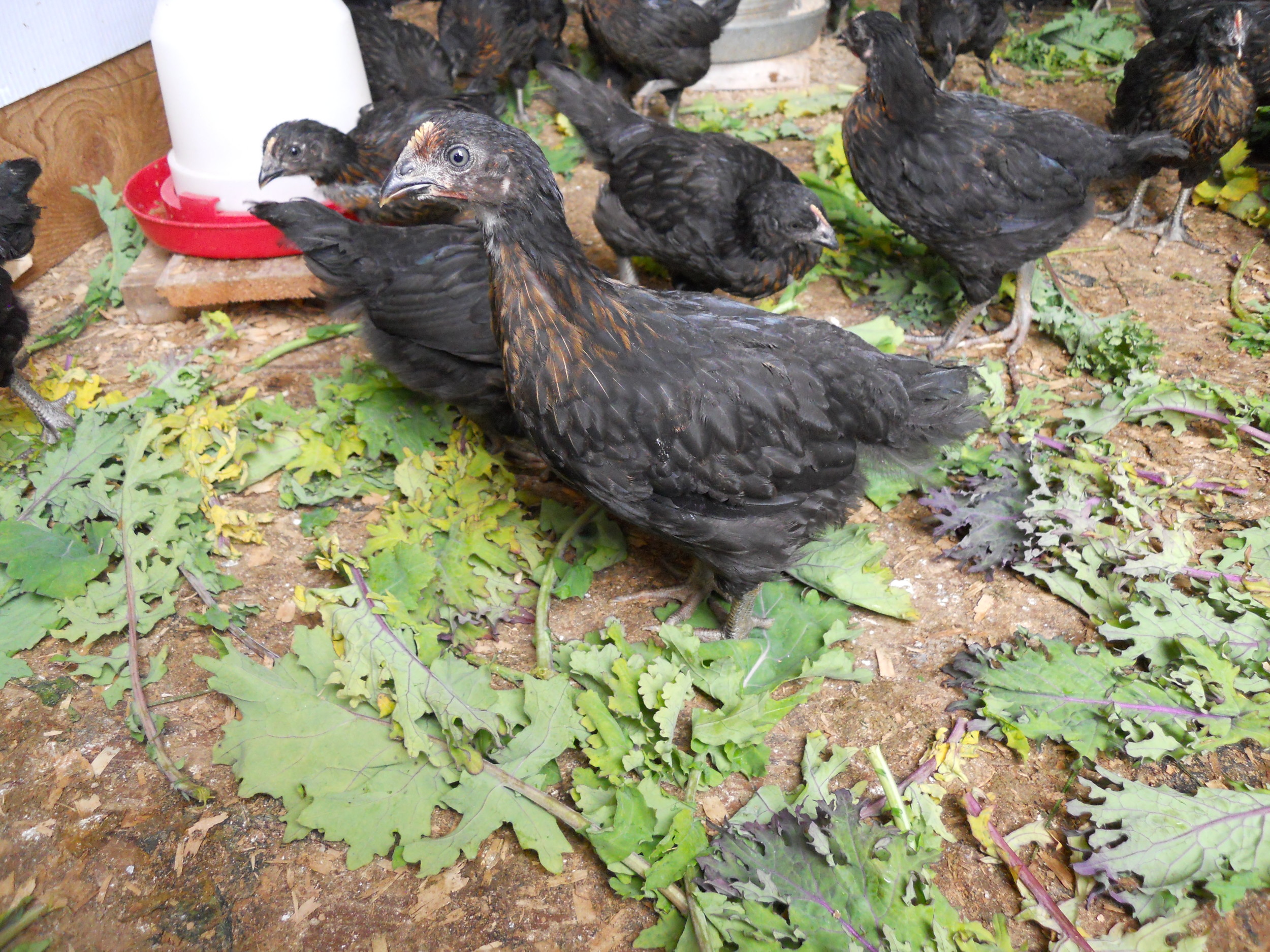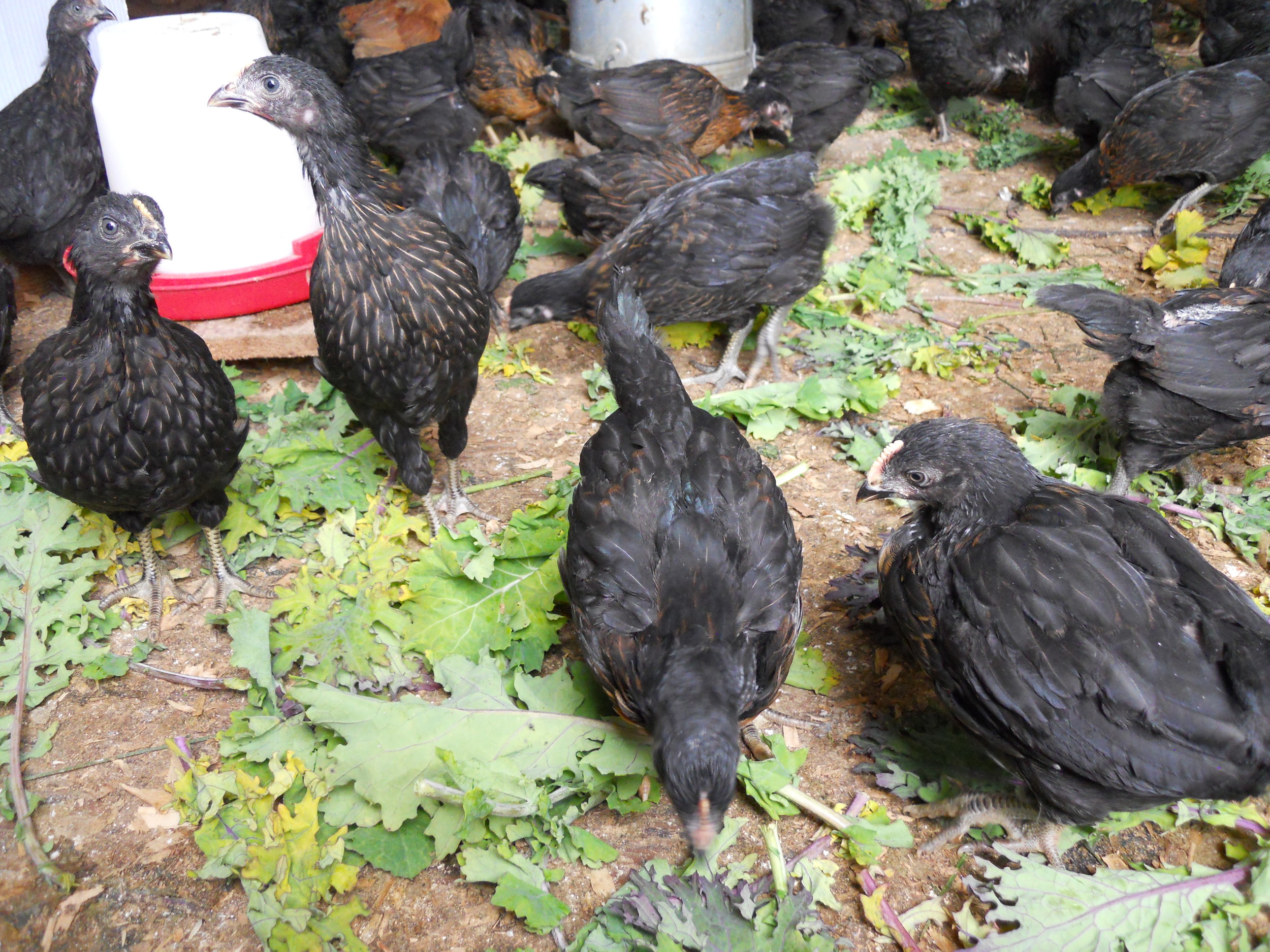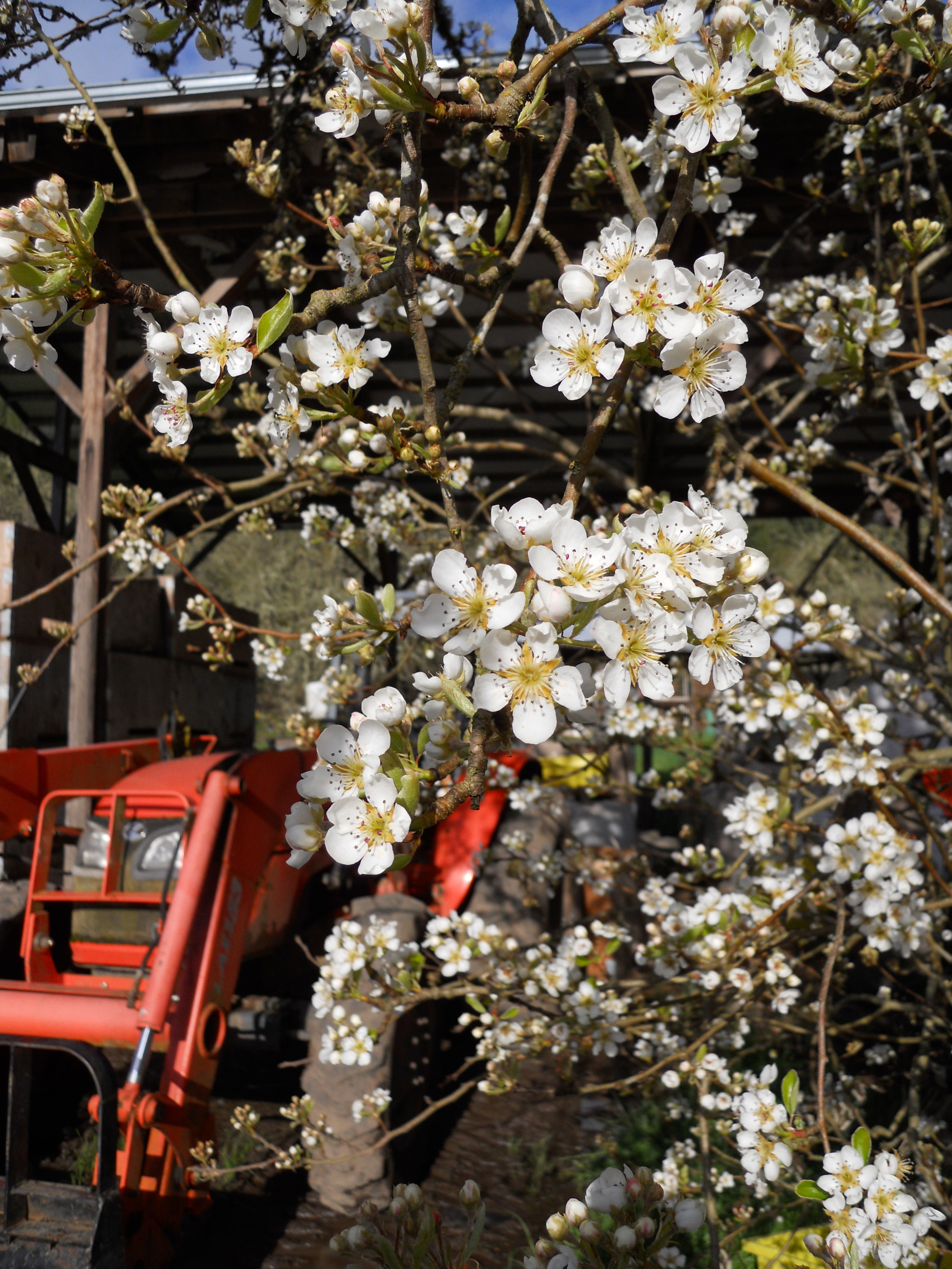On April 27, 1990, you and I rescued an irrigation pump from the rising waters of the Santiam River in the waning light of a wet day.
At the dinner table that night we confessed out mutual interest in each other and agreed to try a life together as farmers and partners.
For several years I helped you install the pump at the start of irrigation season each Spring, then pull it up every Fall, as the rains fell and the river rose. I never took full ownership or responsibility for the task. Irrigation was your specialty.
I did work hard to learn the operation of the system, how to balance and move the 40 foot pipes, how many sprinklers the pump could run at one time, how to unclog a nozzle or straighten a riser, what to do when a valve opener came off and a geyser sprayed up.
As time went on you trained farm employees and managers to install and remove the pump and we weren’t part of that ritual anymore. In November 2020, I sat by your bedside as you made peace with the end of your life. Neither of us paid much attention to the others who brought the pump in for the Winter.
In Spring of 2021, friends helped me install the pump using your written instructions. By late March the fields were already dry enough to want water. Fire danger was forecast in the Southern Valley the third week in April, it was so unseasonably hot and dry. That spring when I needed irrigation more than ever, I barely used it. There were problems with electrical connections, pipe connections, a defective switch, and the pump motor itself stopped working properly. I sprained my ankle, badly. Each time something went wrong I despaired. You would have known how to troubleshoot and diagnose the problem. You would have known how to fix it. How would I ever learn? Living without you for the first time in 31 years, managing this farm without you … it felt impossible.
Yet for every breakdown there was a solution. Evan replaced the switch. Tim fixed the pipe connections. Travis checked the power coming from the utility. John rebuilt the motor. Marty helped me put the pump in and take it out. Friends moved pipe while my injury healed. No-one ever called me out for what I didn’t know or hadn’t done. They helped me understand what I had not. Throughout the Summer and its hot spells, including a week over 100 degrees and a record-breaking high of 111, I kept the farm alive with water. By Autumn I felt learning was possible, though it would never be easy.
Spring 2022 couldn’t be more different from 2021. Regular rains throughout April and May have kept the fields drenched. Each week when Marty calls to see about installing the pump I suggest putting it off. Mostly I’ve been avoiding it but the way the river rose in response to a recent five inches of rainfall, my laziness paid off. If we had installed the pump last week we would have had to pull it right back up.
Yesterday I stood in the empty pump house, a couple inches of river water gently splashing against my boots, and I remembered that day … thirty-two years and one week ago … when you and I stood here side by side. We’d just pulled the pump to safety as the water began lapping at the floor. We stood in silence listening to the rushing river, the wind sighing in the trees, the swallows swooping and diving for the evening’s insects. Our eyes shone with pleasure at our small accomplishment, with wonder at nature’s beauty and power, and with a love for each other which would make each April 27th thereafter our anniversary.
